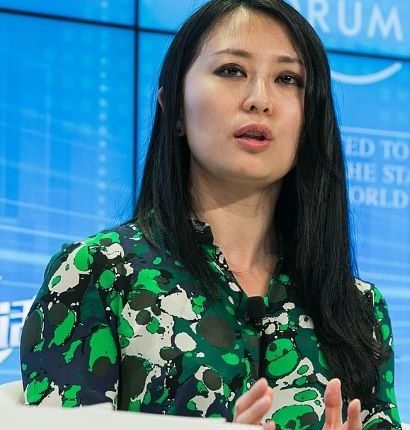China’s Vision of the Future

The following excerpts from book The New China Playbook (2023) by Professor Keyu Jin of London School of Economics reflect the new vision of China’s future.
“China’s new generation has never experienced poverty and psychological hardship the way their parents did. The new generation grew up in the comfort of their parents’ modest prosperity and basked in the indefatigable attention of their teachers. They did not have to save for a rainy day. They had no siblings to compete with, nor any with whom to share burdens and responsibilities, including the heavy weight of parental expectations. Equipped with modern tools and skills, exposed to Western ideas and thoughts, and comfortable in a changing world whose economy is underpinned by technology, they are a group capable of imagining – and realizing – a new vision of the future.
The new generation shaped by the one-child policy embodies unprecedented spending power, consumerism, and prosperity as a way of life; what was once an “American dream” the Chinese people only fantasized about can now be materialized in China. This generation has vaulted into consumerism with surprising ease. A taste for pleasure, a creative sartorial sensibility, and a high degree of comfort with spending have made them both targets and subjects of advertisements and news stories. Optimistic about China’s economic prospects, they are not nearly as risk averse as their parents. Their outlook on the economy and their own prospects is a rosy one, which makes them different from millennials around the world.
They are also a socially conscious group – indignant about societal injustice, passionate about environmental sustainability, and sensitive to things as remote and far-flung as African wildlife protection. They have purpose, drive, and an appetite for hard work that goes beyond material pursuit and personal gain. They are the first generation in China to seek happiness more than wealth. They are proud of their nation’s growing power and influence, a sentiment that is only accentuated by alarm from the West over China’s rise. All this draws them closer to things Chinese, to events that take place internally rather than externally. Previous generations that once looked up to Western standards, foreign brands, American jobs, and foreign ways of being are giving way to a new generation convinced that their own education, goods, and services are as good as any, if not better. The confidence of a new generation will define China’s future.”
